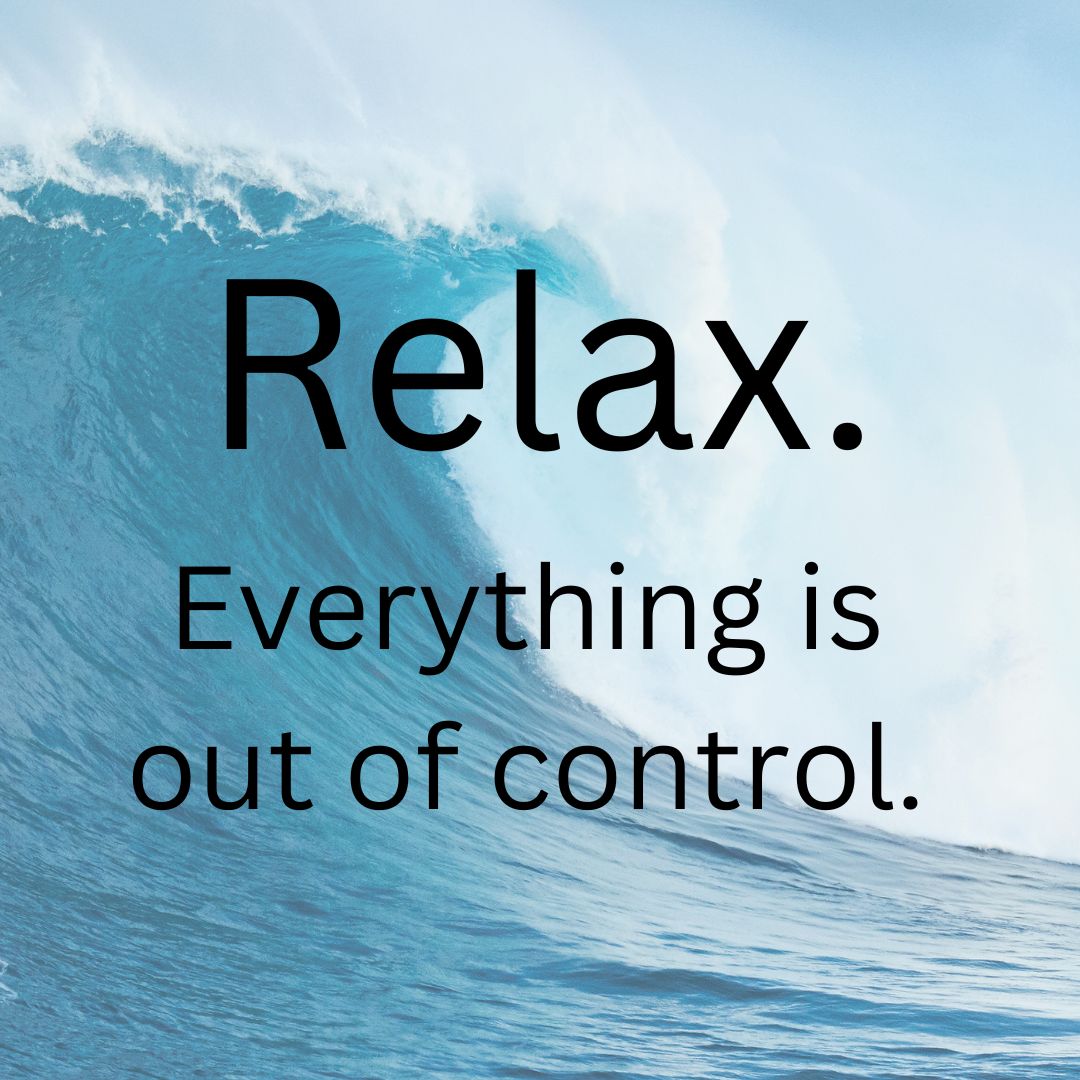In an ideal world, I sit down once a month and distill my thoughts into words of wisdom that offer you inspiration and food for thought through the coming days and weeks.
Does anyone actually live in an ideal world?
It’s been over three months since I sent out my last newsletter, and I’m sitting here wondering what happened.
Writing this newsletter is work, but it is work that feeds me. It’s my way of processing what I learn from working with the body and movement, then considering how that learning might be applied to other parts of life. I get to practice doing something I love – writing – and do so holding the questions and curiosities that show up in my work with students and clients, and through the everyday living of life.
So how and why did I let so much time pass before getting back to this thing that feeds me?
Life got a busier and more challenging than usual, and I fell into the trap of waiting for that unicorn of an ideal world to show up. I was waiting for time, energy and motivation to arrive, forgetting that they don’t come unbidden, that I need to create space for them and invite them in with both action and thought. Isn’t it funny how we can know something intellectually or theoretically, but we can completely miss it in real life? Hindsight is indeed 20/20.
It was in answering a mini questionnaire that things became clearer.
“What do you do to stay sane?” was one of the questions some friends and I were asked to answer by way of an introduction to new members of our community. I wanted to sound wise yet humble, acknowledging that I struggle but mostly am keeping it together. But, I also wanted to answer honestly.
Here’s what I wrote: “A combination of denial, reminding myself that this too shall pass, baking from scratch, and making liberal use of the ‘do not disturb’ setting on my phone.”
As I thought about this through the rest of the day, I realized that what I had listed were coping mechanisms. I look at coping mechanisms in the same way I view Tylenol or Advil – they can help you get through the day (or night), but they won’t have an effect on the reason for the pain. To make sustainable change, you need to change the way you’re doing things, create new patterns in mind and body that can be used to heal, strengthen and stabilize, knowing that as actions are repeated, they become increasingly hard-wired into the nervous system. Change doesn’t happen by willing it into existence or by ignoring or suppressing the messages your body is sending you.
Don’t get me wrong – we sometimes need pain relievers and coping mechanisms – but they’re never going to fix the problem that is causing the pain or stress.
Right now, there are some challenging things in life that are completely out of my control, and I was focusing on those, indulging in my coping mechanisms and ignoring the actions I could take in areas where I can make small changes and improve things. I don’t have huge blocks of time several times per week to write and work on the projects that I’m passionate about, but it’s pretty easy for me to find 30 minutes most days, so that’s where I decided to begin.
So, one day a week or two ago, I committed to writing for 30 minutes and sat down in front of the blank screen. When I did, I got that old familiar feeling – a combination of feeling like I was home and that I wanted to throw up.
Rather than planning what I’m going to write, I start with something that’s going on in my life or been on my mind, and then watch it take shape. I write a sentence or two, and then watch as the newsletter changes form and direction, a murmuration of thoughts and words that eventually lands and settles where it wants to. I need to hold the reins lightly, suggesting rather than insisting on a direction, trusting that when I combine this principle of ease with the discipline of actually sitting down to do the work, something worthwhile will emerge, and the process will teach me what I need in this particular moment.
Sometimes the work flows, but more often it is intensely uncomfortable and I have to bargain with myself in order to keep slogging through. Set the timer for 30 minutes and work, then reward myself with a walk, a snack or Britbox and knitting. I can count on feeling uncomfortable each time I sit down, and I’m learning once again to sit and stay with the feeling of discomfort instead of running away – getting familiar with the gripping in my gut and in my butt, the tightness in my heart, the heat in my head, the clenching of my jaw – and then feeling also the movement of my body around each breath, the support of the chair, and the places that soften and let go as I stay here just a little bit longer. As I get more familiar with that discomfort, it’s not as distracting, and I can pay more attention to the interesting places, humbling places, growing places where my writing leads me.
I know that there will continue to be challenges in the coming weeks, months and years, that the difficult things that are outside of my control will eventually resolve, and new ones will surface, demanding my time and energy. Getting back to my writing on a regular basis isn’t going to change any of that, but it does offer me support.
The process of writing, pondering, writing, and thinking some more provides me with clarity and perspective, helping me to dance with life’s big questions, and enabling me to see where and how my energy is best spent.
The practice of putting on the timer, gluing myself to my chair and writing, especially when I don’t feel like it, grows my ability to adapt to and thrive through stressful situations.
The sending out of a newsletter reminds me of my creative power, and the conversations I have with you in response to these musings remind me of our shared human experience and are continued fuel for the writing/thinking process.
I’m not going to give up my coping mechanisms – in the same way we use painkillers to help us find ease while healing takes place, I will still use them on the difficult days. But I’ll also remind myself that if I want things to change, I need to change the choices I’m making.
What keeps you sane?
What are your coping mechanisms?
What are the practices that grow your resilience?
What prevents you from doing them?
What is one choice you can make today that will effect a small change?




